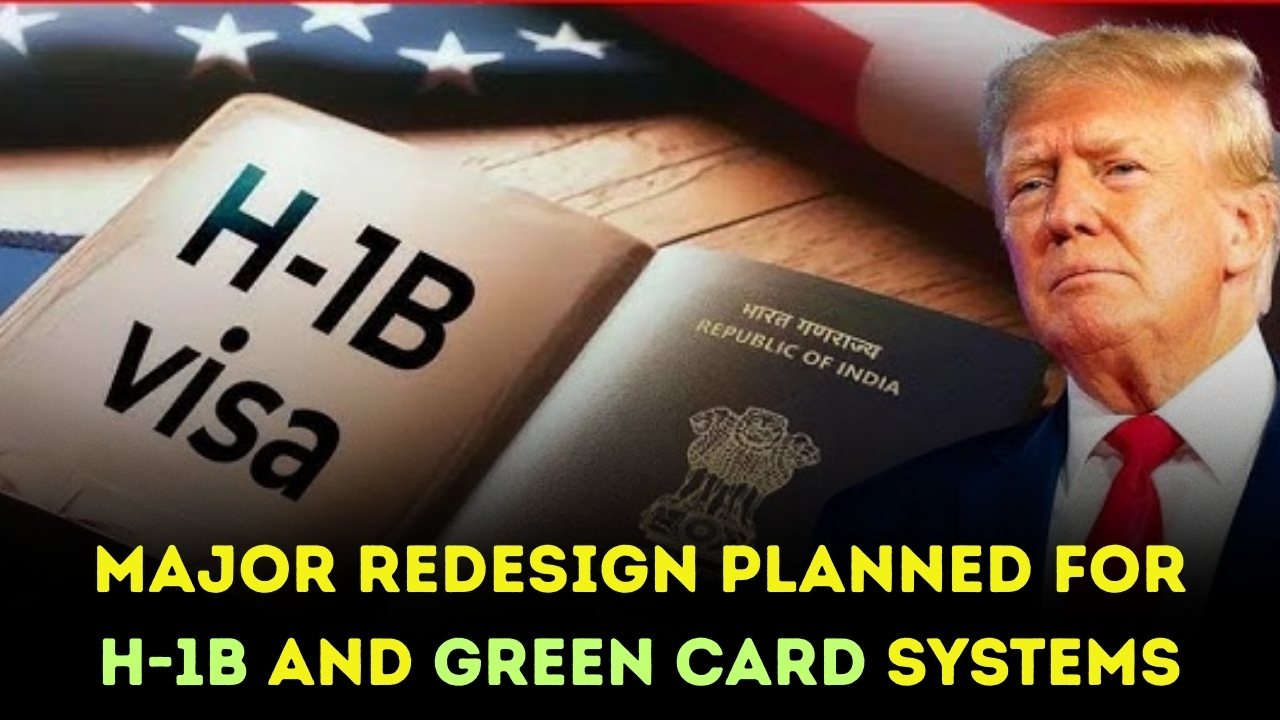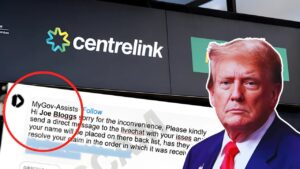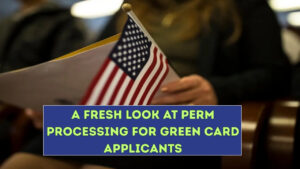With amendments suggested to the H-1B visa and green card allocation processes, the U.S. immigration system is poised to undergo one of its most complex changes in recent years. The system is designed to support foreign workers and the businesses that employ them.
H-1B Visa Lottery Under Review
The current H-1B visa lottery has come under scrutiny for its random nature and for being susceptible to abuse. The redesign proposal seeks to do away with the random selection system in favor of a more merit-focused one. Changes being suggested may also include the issuing of preference ranks to those possessing advanced degrees, offering higher pay, or among those employed in vital sectors like healthcare, technology, and infrastructure. Officials suggest this would make the process less arbitrary and more aligned with the country’s economic needs. Still, critics counter that this will benefit large businesses far more than the smaller or mid-sized businesses who employ international talent.
Green Card Backlog in Focus
Green Card reform is also one of the vital focuses of the new plan. The U.S. is facing a widening backlog of applications, especially for the India and China originators who at times have to wait years, if not decades, for permanent residency. The suggested changes involve steps to streamline processing, reclaim unused visa allocations, and possibly modify long-standing yearly caps from each country. Advocates for immigration reform assert that these changes have been warranted for quite some time. The prolonged delays not only aggravate applicants but also compel skilled professionals to look for jobs in Canada, Europe, or Australia.
Balancing Equity and National Benefits
The redesign is also likely to expand measures to ensure that U.S. workers are not replaced. Employers may have to meet tougher wage and compliance criteria. The government defends that this will curb excessive American wage subsidization while enabling companies to hire foreign professionals. Business and political opinion remain mixed. Technology companies welcome the changes, perceiving them as a sign that the U.S. is serious about enticing and retaining highly skilled workers. On the contrary, labor unions are concerned that these changes will not do enough to prevent wage inflation in some sectors.
Migration and Markey Proposals
Once again, immigration is front and center as the elections approach. The attempt to redesign the H-1B and green card systems reflects a hybrid solution to counter political debate and economic reality Should the proposals be accepted, the perception of the U.S. as a career destination for international students, researchers, and professionals would be transformed. Elucidating the diagram gives families situated in the immigration backlog reason to anticipate accelerated processing times and a more reliable sequenced path to permanent residency.
Major Redesign Planned for H-1B and Green Card Systems
Immigration authorities have a reason to anticipate that there is clear momentum building as the proposals have advanced to the consultation stage. The U.S. is under mounting competition from other countries with more efficient immigration systems, and there is a policy will to not fall behind. Currently, both applicants and employers are not taking a back seat and are instead taking an active approach as there is positive anticipation that the immigration system will finally address the commonly highlighted concerns of an overly streamlined, inequitable, and inefficient system.



